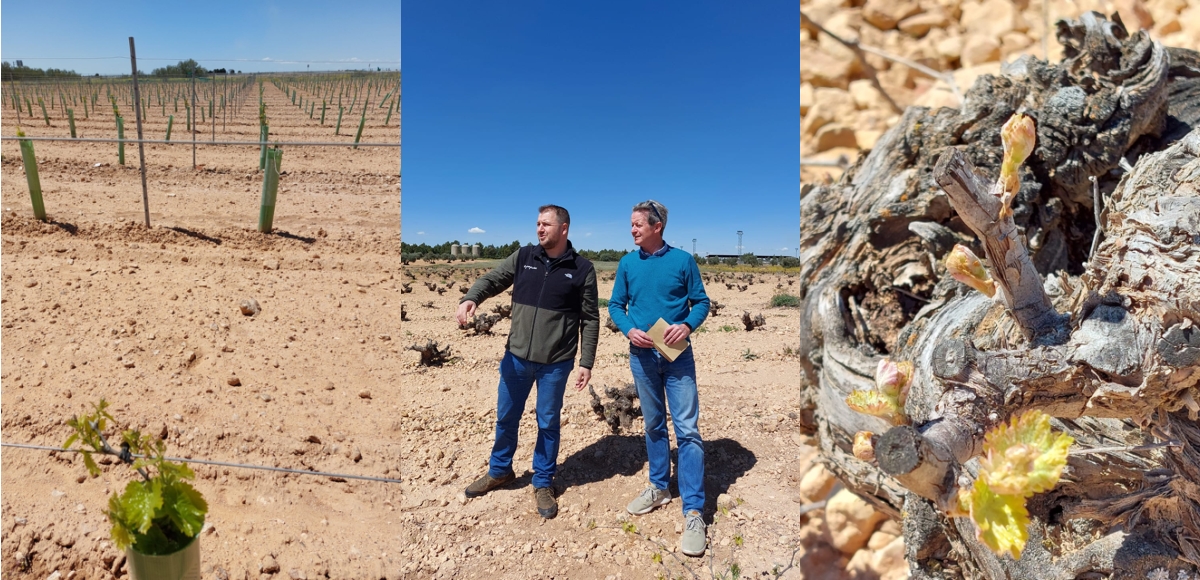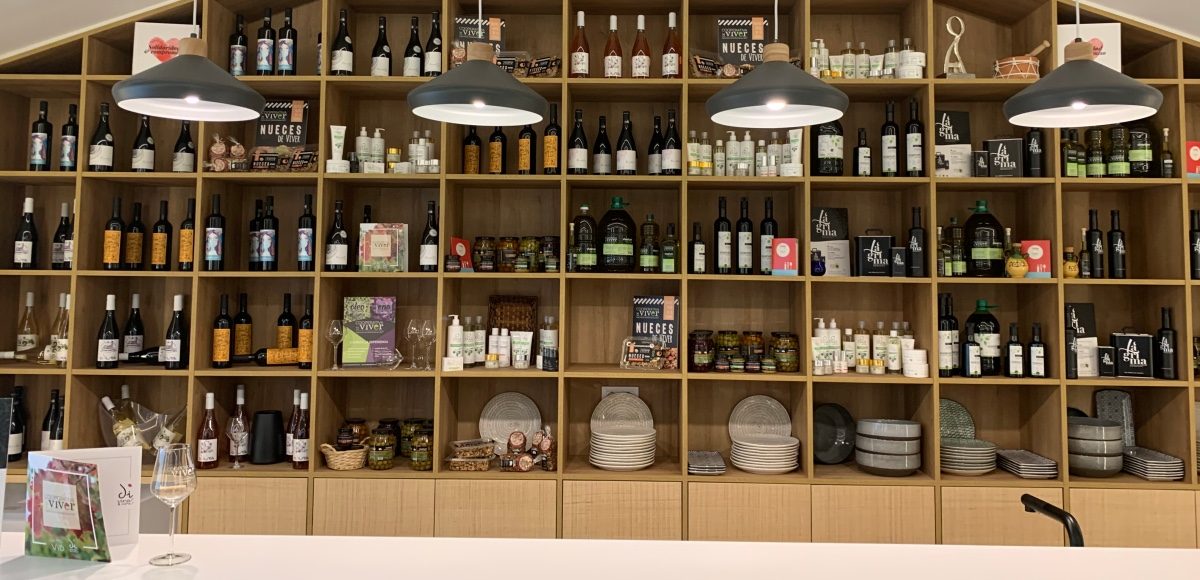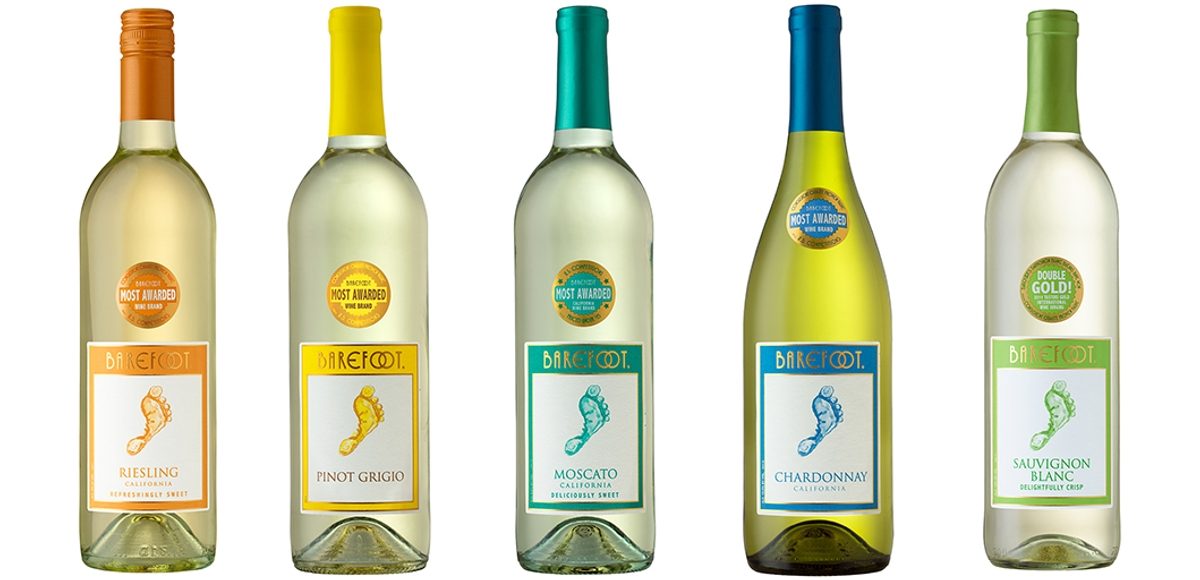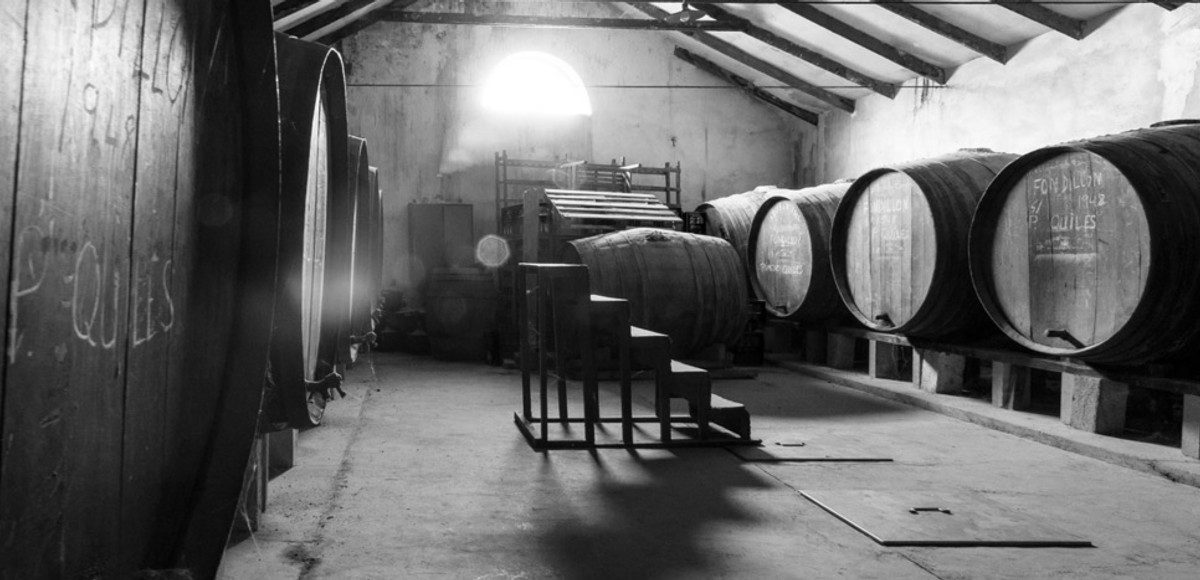Wine Terms can be confusing especially when listening to ‘wine experts’. When talking about a wine the big four descriptive words are: acidity, sugar, tannins and alcohol but what do they mean?
Acidity in Wine – without acids the wine would not exist. Acids are the bones of the body of the wine. Like a squeeze of lemon on food, it gives the wine vivacity, certain aromatic characteristics and a touch of bitterness. Acids also play an essential role in preserving the wine with its antioxidant properties. It is also essential when pairing food with wine, for example, a creamy sauce needs a wine with a higher level of acidity to cut through the fat so both go well together.
What are tannins? At a recent WSET course a student asked, ‘What is tannin?’ We talk about it a lot when discussing wine because it is one of the key elements in wine, but what does it do and how do we know it is there?
Tannins are naturally occurring polyphenols, micronutrients that we find in certain plant-based foods, berries, nuts, dark chocolate and, of course, wine. They’re packed with antioxidants and potential health benefits.
Tannins are one of the key natural components of wine, along with acidity, sugar and alcohol. You can’t smell it but you can taste it because it adds texture and body to the wine. We often tend to describe wines in terms of aromas and flavours but texture is also a fundamental part of the wine to which you should pay attention.
Red wines have more natural tannins than whites and you notice them because they have a dry slightly bitter flavour. Wines that go well with food need the structure from the tannins otherwise they would fall flat and the food would dominate the taste of the wine.
What determines the amount of alcohol in a wine? Most wines will have a level of alcohol of between 10% and 14%. The amount of alcohol is determined by the maturity and the natural level of sugar in the grapes when they are picked.
Climate is an important factor. In a hot, dry region like Jumilla the wines will have higher levels of alcohol than Germany, where it is much cooler. The effect that alcohol has on wine is like different types of milk, skimmed, semi or whole milk. Wines with lower alcohol are lighter in body while wine with a higher level of alcohol will be more full bodied.
How can a dry white wine sometimes seem sweet? The sweetness in a wine comes from the sugar in the grapes. During fermentation the sugar is converted into alcohol, when most of the sugar has become alcohol the wine is then considered to be dry.
The sweet sensation in a dry wine comes from the fruit flavours, for example a Chardonnay from Australia with citrus and tropical fruit flavours has a sweet sensation. If a wine has been aged in an oak barrel you can get a creamy, vanilla aroma and taste which enhances the sweet sensation. Also the higher the level of alcohol will give a greater sensation of sweetness.
Now with these key wine terms you can talk about wine with more self assurance.










